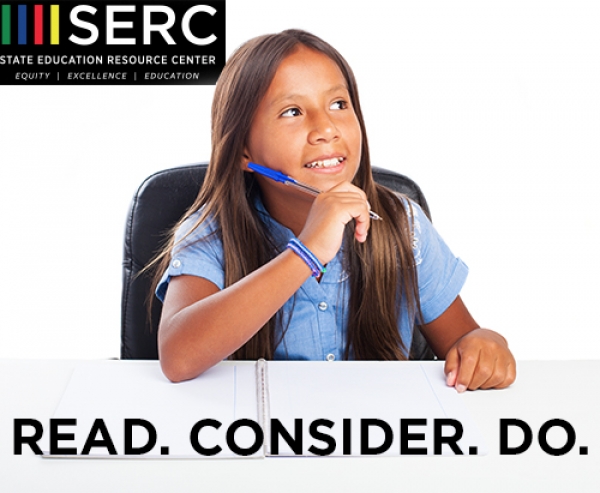READ. CONSIDER. DO.
In our Read.Consider.Do. feature we offer a thought-provoking article for you to read, some questions for you to consider, and some things you can do to share, deepen, or implement your learning. We hope you join us in this independent professional learning opportunity!
READ.
From The Atlantic - “Why American Students Haven’t Gotten Better at Reading in 20 Years” by Natalie Wexler
This article suggests that the reason the National Assessment of Educational Progress (NAEP) scores in reading have not improved in 20 years is because the way reading is taught in schools does not reflect the research on what works when teaching reading.
According to the article, research shows that the best way to increase reading comprehension is to build knowledge and vocabulary through content area teaching. However, most schools have emphasized the teaching of skills such as “finding the main idea” and “making inferences” in addition to the use of leveled texts as a way to increase comprehension. This puts the neediest students at the most risk, since they may not have the same opportunities to acquire knowledge outside of school as wealthier students.
CONSIDER.
- Which parts of the article do you agree with? Which parts do you disagree with?
- How does the instructional practice described in the article match what is happening in your district, school, or classroom?
- How does the research described in the article agree with your knowledge base?
- It can be inferred that the misunderstanding or misapplication of reading research maintains or increases inequities for racially, culturally, and linguistically diverse students, as well as students with Individualized Education Programs (IEPs). How would you know if this was impacting students in your district, school, or classroom?
DO.
- Was there a part of the article you found challenging? Do some research to find out more.
- Was there an instructional practice described in the article that you would like to implement? Decide on the steps you will take to do so.
- Are there ideas in the article that you would like to think more deeply about? Share the article with colleagues and make plans to discuss it with them.
Please feel free to share your thoughts about this article or Read.Consider.Do with Janet N.Y. Zarchen at This email address is being protected from spambots. You need JavaScript enabled to view it..


